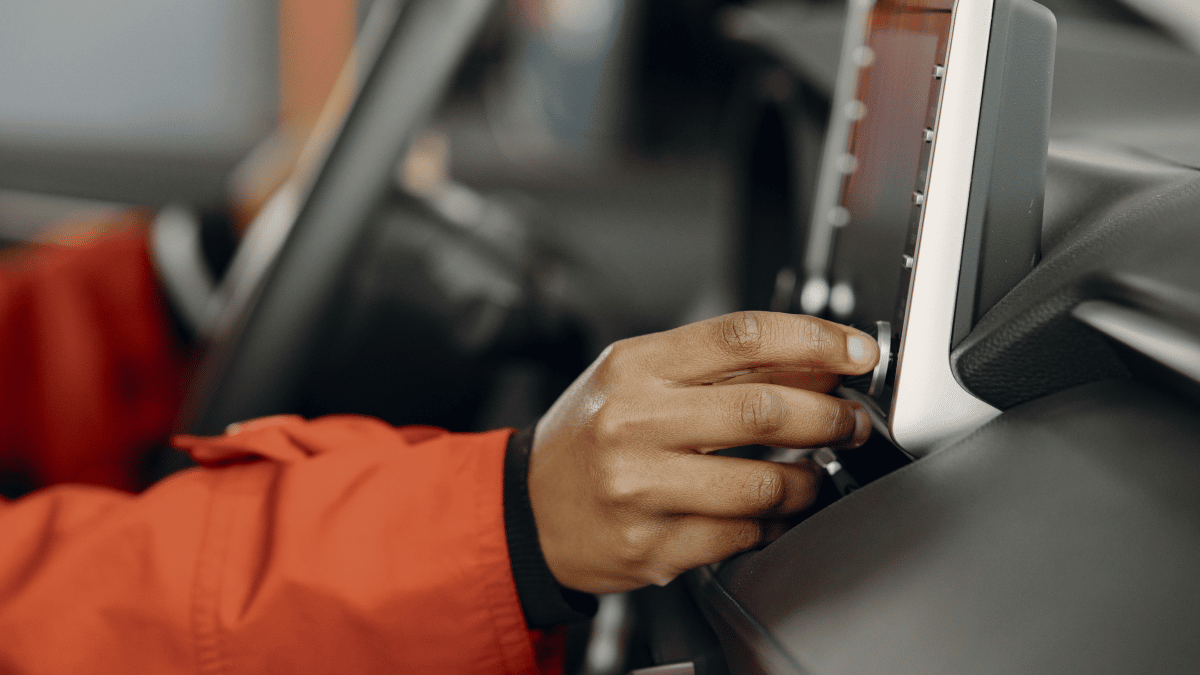If you’re a careful driver or work from home and spend less time on the road, joining a telematics program could help you obtain low-cost car insurance. Multiple insurers offer these programs, which use tracking devices or apps to monitor and reward safe driving practices.
How to choose a telematics program
Before signing up for a telematics service, you should carefully consider your driving habits.
For example, if you’re a college student or remote worker who doesn’t travel frequently, you might want to look into a pay-per-mile program that determines your rate based on how far you drive. This means that your bill will alter monthly. If you still need to be on the road frequently, a pay-as-you-drive program that emphasizes safe driving habits rather than miles driven may be the best alternative.
No matter whatever program you choose, you must be fine with your insurance tracking your driving behavior.
In general, insurers track behavior like:
- How many miles you drive.
- The time of day you’re driving.
- Hard braking.
- Speeding and accelerating.
- Cell phone usage (if tracking is done via an app).
How telematics insurance works
After you join up for a telematics program, your insurer will begin tracking your driving via a smartphone app or a device that connects to your car diagnostic port.
The next steps are determined by your program. Based on the information gathered, your insurer will offer you a new auto insurance quote or a discount off your current base rate.
Your new rate may be lower than what you were paying before, but not necessarily. If you are judged a hazardous driver, you may face higher insurance premiums.
Discount schemes do not directly impact your rate based on your driving habits. However, it can have an impact on how much of a discount you receive. The more safely you drive, the larger the savings.

How much you can save
Savings vary by firm, ranging between 5% and 40%. Some companies even offer discounts just for signing up.
According to Robert Lajdziak, senior consultant for insurance intelligence at J.D. Power, a data and analytics company, the most significant benefit is increased transparency into how your insurance is priced, rather than reduced costs.
“Drivers who are enrolled are more satisfied with the price they pay, even if they do not receive a discount,” Lajdziak says, because they can see how their driving behaviors affect their insurance bill.
According to Lajdziak, many telematics packages include additional benefits such as safe driving suggestions and warnings when your car needs its next oil change.
Should you try telematics insurance?
Consider using a telematics program if:
- Do not drive between 12 and 4 a.m.
- Avoid harsh braking and speeding.
- Drive just on occasion.
- Do not talk or text while driving.
Following all of the rules outlined above is critical to obtaining the lowest rate. For example, even if you don’t drive a lot of miles, late-night driving may reduce the magnitude of your discount.
According to Christian Underwood, personal lines agent at Byars Wright, an independent insurance business in central Alabama, the following groups could save money by switching.
Homeschooled teenagers and remote students. Teen drivers typically pay even higher car insurance premiums than college students. If you’re homeschooled or learning remotely, you likely drive less than your friends and could profit from a telematics program.
Remote workers include stay-at-home parents and retirees. Whether they’re caring for children or working a 9-to-5 at home, members of these categories often travel less miles and spend less time traveling during the busiest times of day.
According to Underwood, this can significantly impact how your insurer ranks your driving. “[If] there’s heavier traffic, there’s more opportunities for risk,” adds the driver. “When it’s a heavily congested time of day, that can really impact ratings.”
People with short commutes. Even if you only commute a few miles to work, telematics could help you save money.
Drivers who predominantly use alternative modes of transportation. If you commute by walking, biking, or taking public transportation, you’ll likely get less mileage than the average driver.
Still concerned about trying telematics insurance? Most companies allow you to opt out after a set amount of time. While you will lose your sign-up discount, there will be no negative impact on your rate. Before joining, consult with your insurance about how to withdraw.


